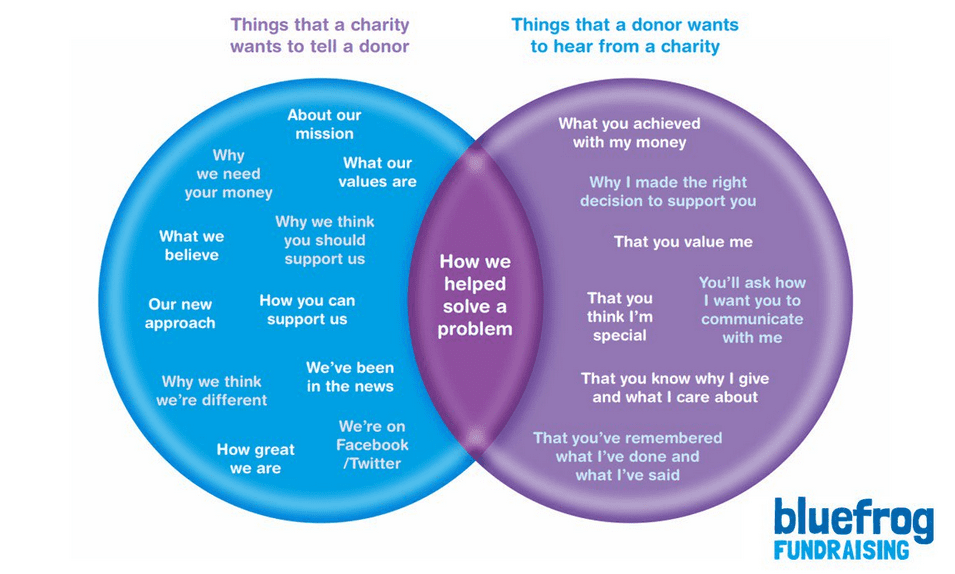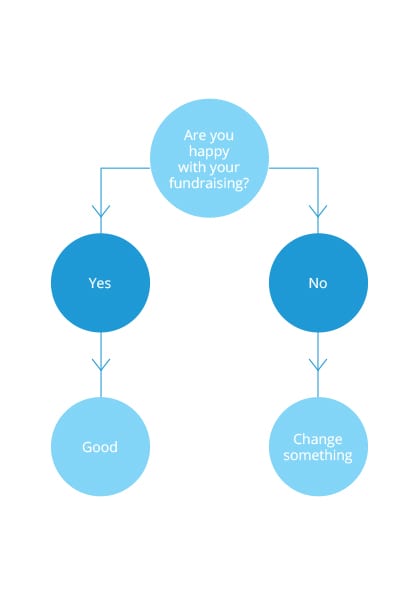Forgiveness or permission?
One thing that fundraising isn't short of are rules and regulations (OK, I know that's two, but I'm sure you get the picture).
There are taxation regulations that define what fundraising materials must contain in order to be exempt from VAT.
There are the industry rules and regulations that tell us what fundraisiers must, ought and should do.
There are the brand guidelines that tell us what style of language we can use, what typefaces and colours are acceptable and what pictures should be featured.
There are the unwritten rules that dictate that we should communicate with our donors in a certain way because that's 'how we do it here' or that's what 'our donors like'.
It's not surprising that with all this red tape that we can forget that giving should be a pleasure that brings a little joy into our hearts.
And that's why we should remember that it's often easier to ask for forgiveness than permission.
Tags In
Related Posts
3 Comments
Comments are closed.
The Essentials

Crack the Code to Regular Giving: Insights, Strategies, and a Special Giveaway!

‘Tis Halloween. Keep to the light and beware the Four Fundraisers of the Apocalypse!

Why do people give? The Donor Participation Project with Louis Diez.

A guide to fundraising on the back of a postcard

What does the latest research tell us about the state of fundraising?









totally agree!
I have based most of my best successes thus far on the premise that it is, in almost all cases, easier to ask for forgiveness than permission!
I’m not in jail yet and have won a few awards to boot as well as meeting bottom line objectives across a number of sectors so it can’t be a bad philosophy can it?
There’s some old adage about it being easier to say ‘no’ to something than to say ‘yes’, isn’t there?
I think the asking for permission thing often goes wrong firstly because people are asking permission for things they should have the autonomy to make an informed decision about, and then because the person or people they are asking don’t have the first idea about whether it’s a good idea or not, so they turn it down, or put it to one side, rather than do something they perceive to be risky.
The ‘that’s what our donors like’ one does get me sometimes because it often seems to be based on a handful of letters or phone calls, from an unrepresentative sample (i.e. the vocal minority) who said they didn’t like something, rather than the overall results (i.e. what most people indicated they liked – on a statistically valid level).
It’s unfortunate how influential a few complaints can be in shaping the way charities communicate. Unfortunately, it’s because complaints tend to stick in people’s minds more than the far bigger picture of how well the campaign performed (here’s why – http://bit.ly/acWFhD).
The only antidote to this has to be to celebrate and highlight every success, creating a positive emotional memory to overwrite the inevitable handful of complaints. That should also make asking forgiveness, and getting permission next time, a bit easier!